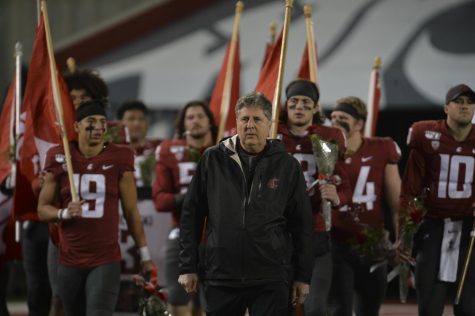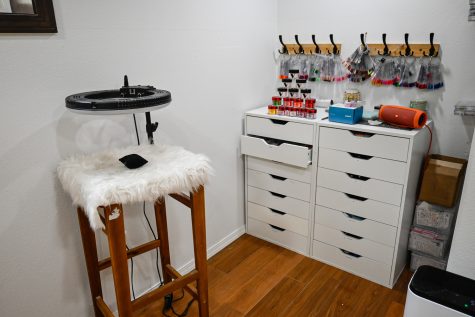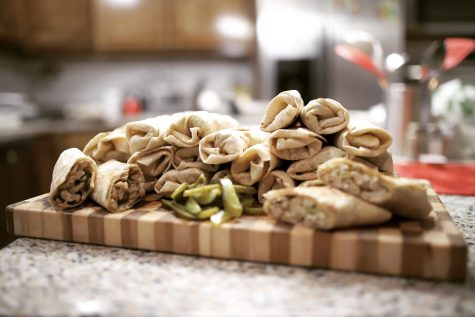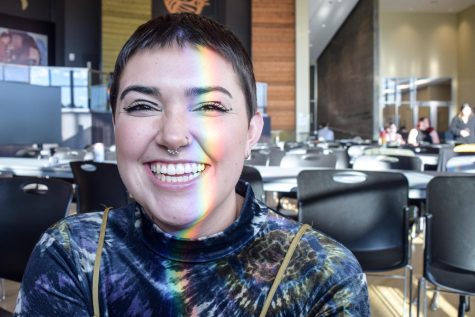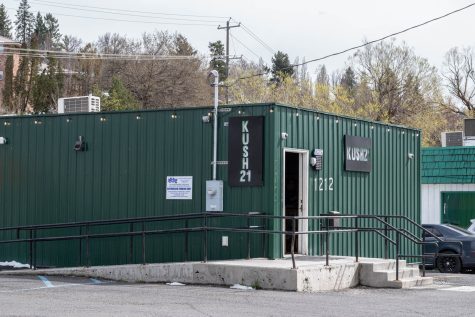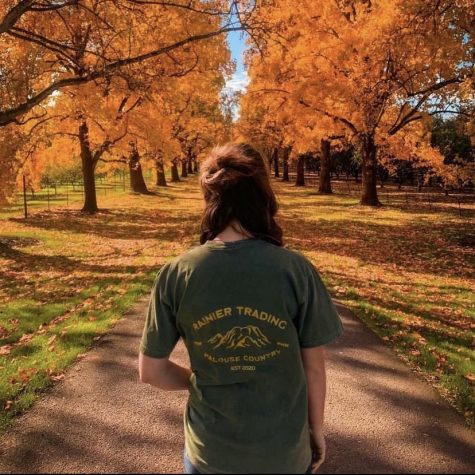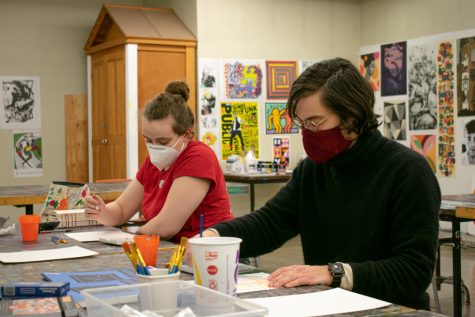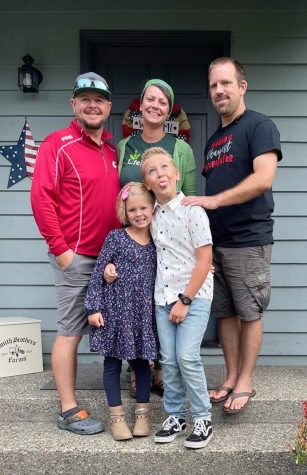Capstone co-op collaboration
Joe Bergquist talks about his team’s involvement with bettering the business model for the Moscow Food Co-op’s produce section.
April 14, 2017
Students in the WSU Capstone Agriculture and Food Systems course paired with the Moscow Food Co-op for the semester to work together to solve problems the company presented.
Students involved with the project included seniors Joe Bergquist, an organic agriculture major; Taylor Choonhaurai, an agricultural economics major; Mariah Julson, an agricultural education major; and Cole Klaveano, Clay Shelton and Ethan Williamson, agricultural technology and production management majors. The students got to work directly with Moscow Food Co-op general manager Melinda Schab.
The co-op identified a few areas they wanted students to work on: quality of produce, education within the community, and growth for the business and in their partnerships. The group came up with four to five solutions to focus on.
The group of seniors proposed a premium pricing system to create competition between local producers and ensure the co-op is providing the highest quality goods to their customers. Employees would rate incoming produce on a scale from one to four, with one being the highest, using a set of standards developed by the group, Klaveano said.
The seniors also suggested the co-op become involved with local Future Farmers of America (FFA) and 4H groups at the middle and high school levels.
“It is an opportunity for the co-op to reach out to the younger generation and show them the benefits that having a small, local industry can bring to a community, by bringing in sourced local food from a small business, produced in an environmentally-friendly way,” Bergquist said.
Another solution the group introduced is to start a microloan program for local farmers. The loan would range from $2,000 to $5,000.
“For a lot of producers, the co-op isn’t their main source of income. If the co-op was to sponsor a farmer who is trying to develop more, they could get a jumpstart on that expenditure,” Bergquist said. “The co-op can then ensure a quality product is going to be delivered to them. It’s a symbiotic relationship.”
There will also be a scholarship-internship program available during the summer to students, current and graduating, who are studying organic agriculture. The internship would consist of working for the co-op during the summer and assisting local farmers.
“One of the biggest difficulties I feel as an agriculture major is getting as much hands-on experience as I can,” Bergquist said. “You can read about how to grow carrots, but when you actually grow a carrot, it’s a little bit different.”
The scholarship will offer between $1,500 and $2,500 and will provide an integrated experience in the field, which goes a long way on a resume, Klaveano said.
“Learning what [farmers] do and working towards that really opened my eyes to how much the co-op does. They work to build smaller farmers up, and help the community as a whole,” Klaveano said. “This experience gave me hands-on experience in management, and I also learned how to run a business while having a mentor there the whole time.”
By getting the co-op more involved in the community, educating the next generation and helping out their producers, the group of seniors hopes they have accomplished their mission.
“We want to highlight what the co-op does for the community. It’s remarkable how much a small business can do, and it seems small, but it’s actually really big in the opportunities they have to expand and help their community,” Bergquist said.









